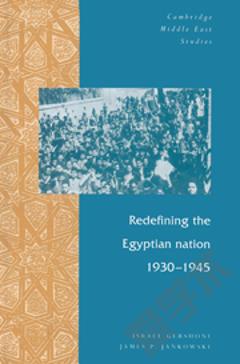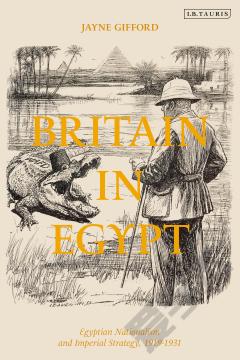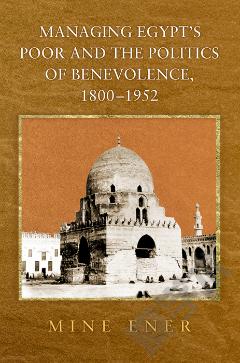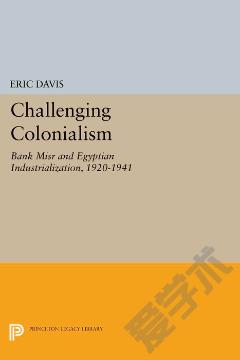Redefining the Egyptian Nation, 1930–1945
The authors examine the emergence of nationalism among the Egyptian middle class during the 1930s and 1940s, and its growing awareness of an Arab and Muslim identity. Previously Egypt did not define itself in these terms, but adopted a territorial and isolationist outlook. It is the revolutionary transformation in Egyptian self-understanding which took place during this period that provides the focus of this study. The authors demonstrate how the growth of an urban middle class, combined with economic and political failures in the 1930s, eroded the foundations of the earlier order. Alongside domestic events, the momentum of Arabism abroad and the impact of events in Palestine, necessitated Egyptian regional involvement. Egypt's present position as a major player in Arab, Muslim and Third World affairs has its roots in the fundamental transition of Egyptian national identity at this time.
{{comment.content}}








 京公网安备 11010802027623号
京公网安备 11010802027623号